About
MSC & BSc game developer from the UK. Specialising in technical design, programming and game design. Currently developing The Saplum Cradle.
Games
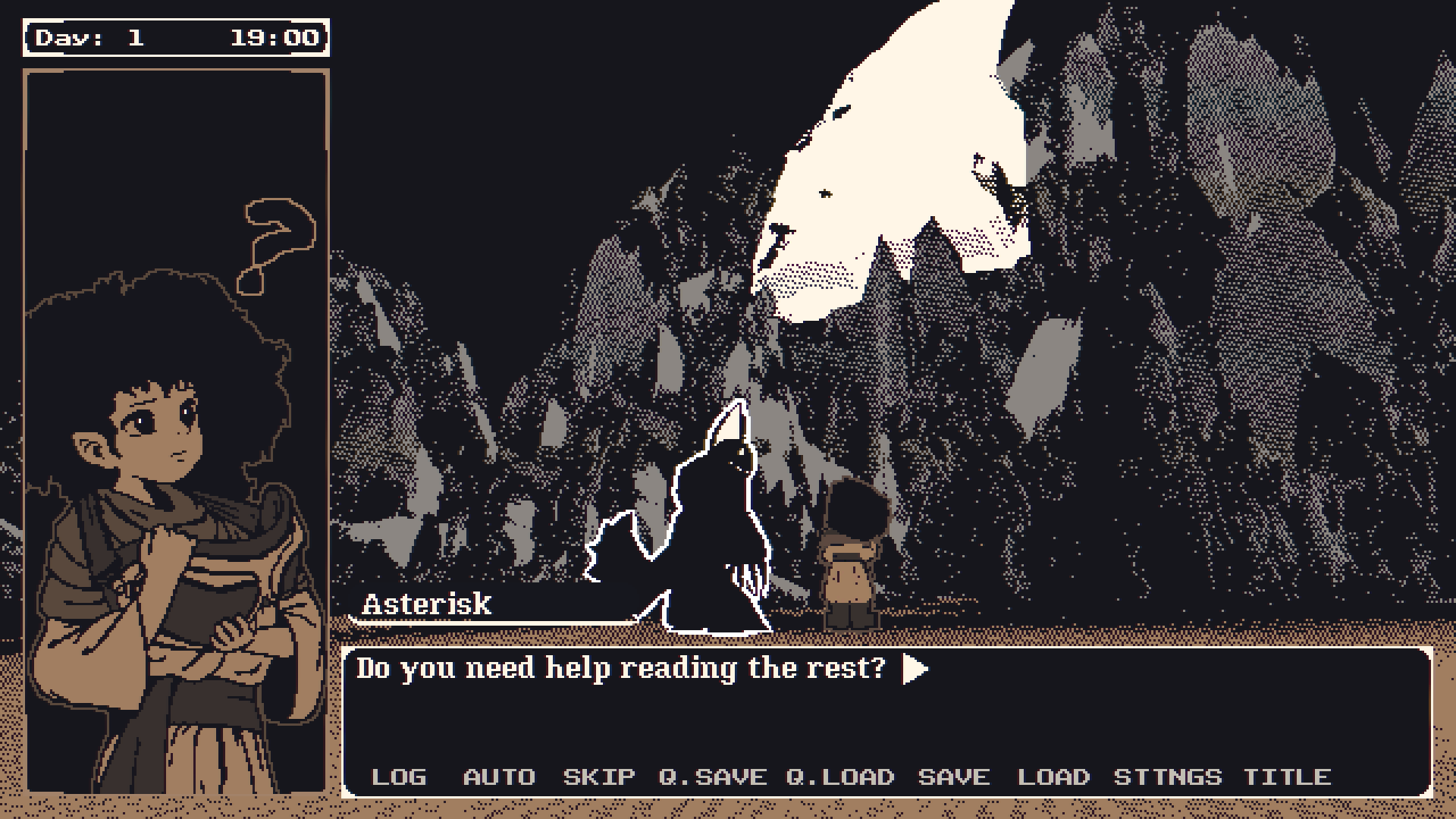
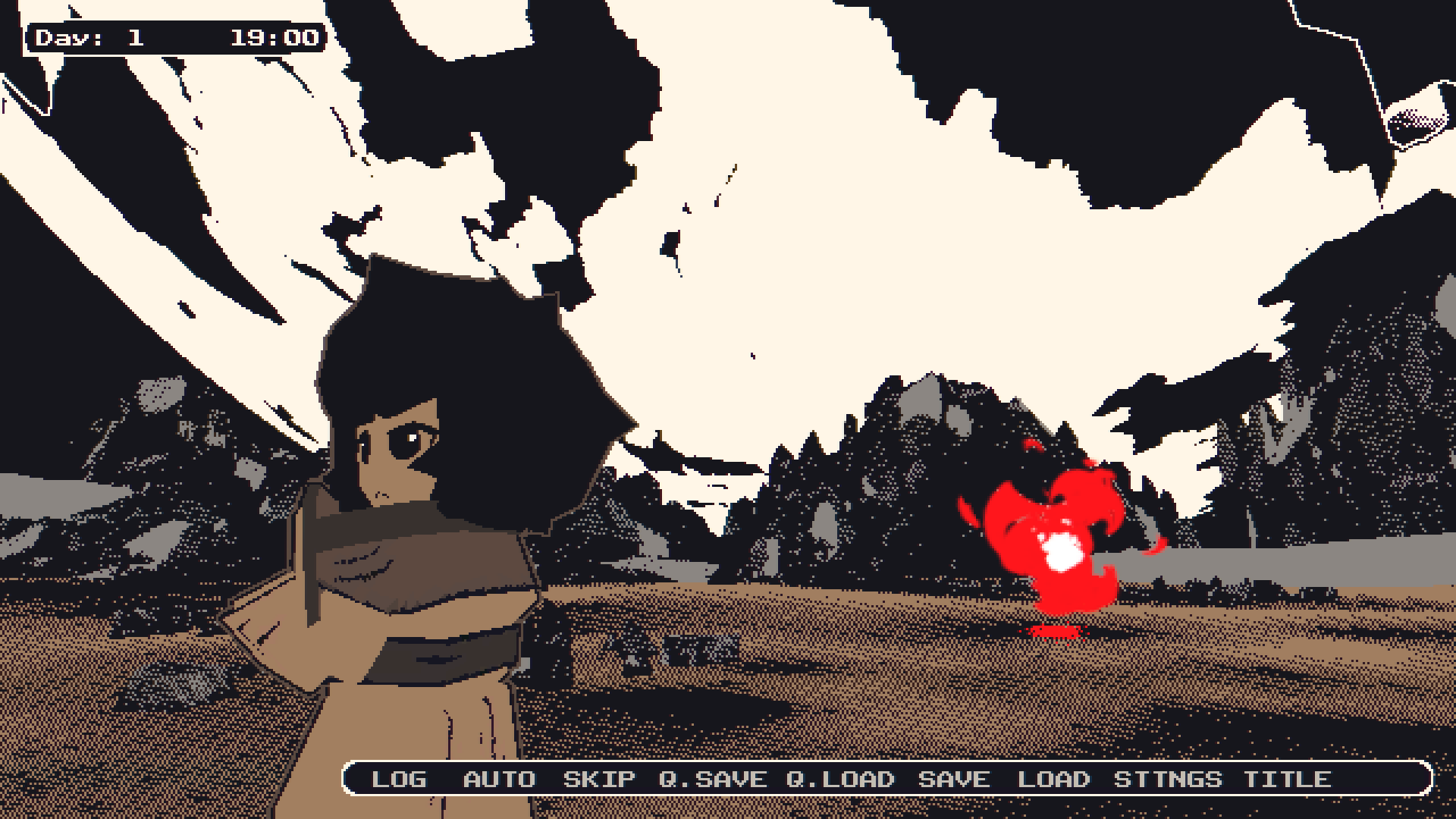
The Saplum Cradle is a choose-your-own-adventure horror game about using the memories of the dead to scavenge lost civilisations in a desert wasteland.
You wander this wasteland as Amber, a small child under the care of Asterisk, a mysterious silhouetted being that acts as her guardian.
Amber is able to read the memories of the dead, and must use this power to look for supplies hidden among the ruins.
Of course, one should always be careful when exploring: there's always a reason something falls into the Saplum Cradle, and more often than not that reason survives the fall.
The website for the game is available here.
The vertical slice (dated December 2025) is available on Itch.io.
The game is also available to wishlist on Steam.
Projects
Untitled1
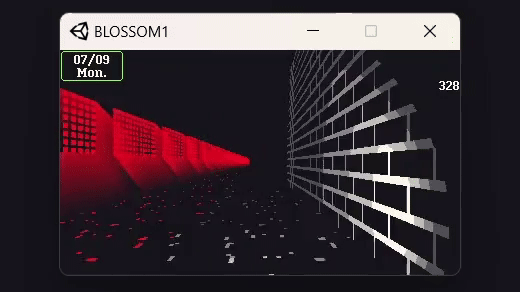
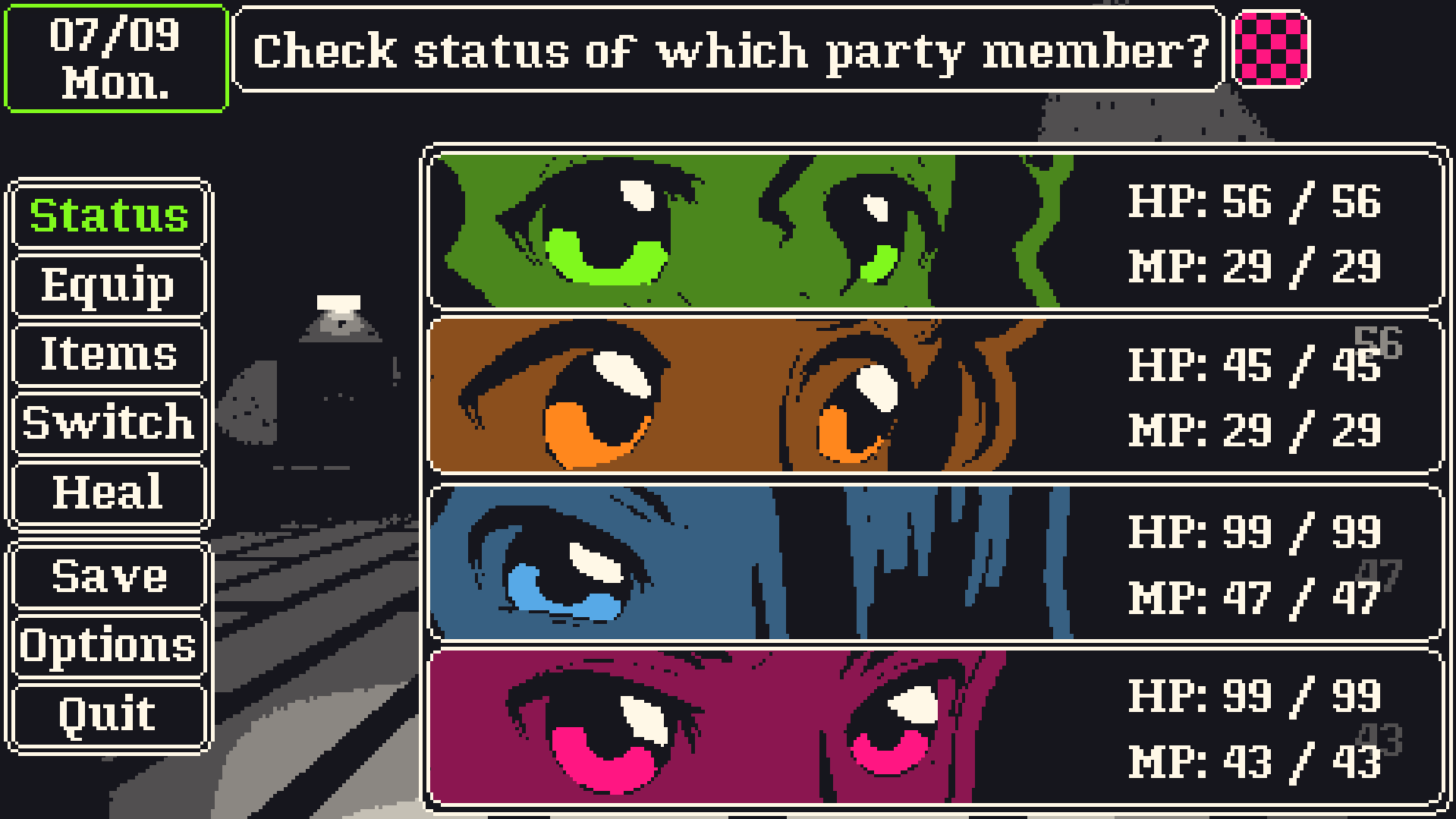
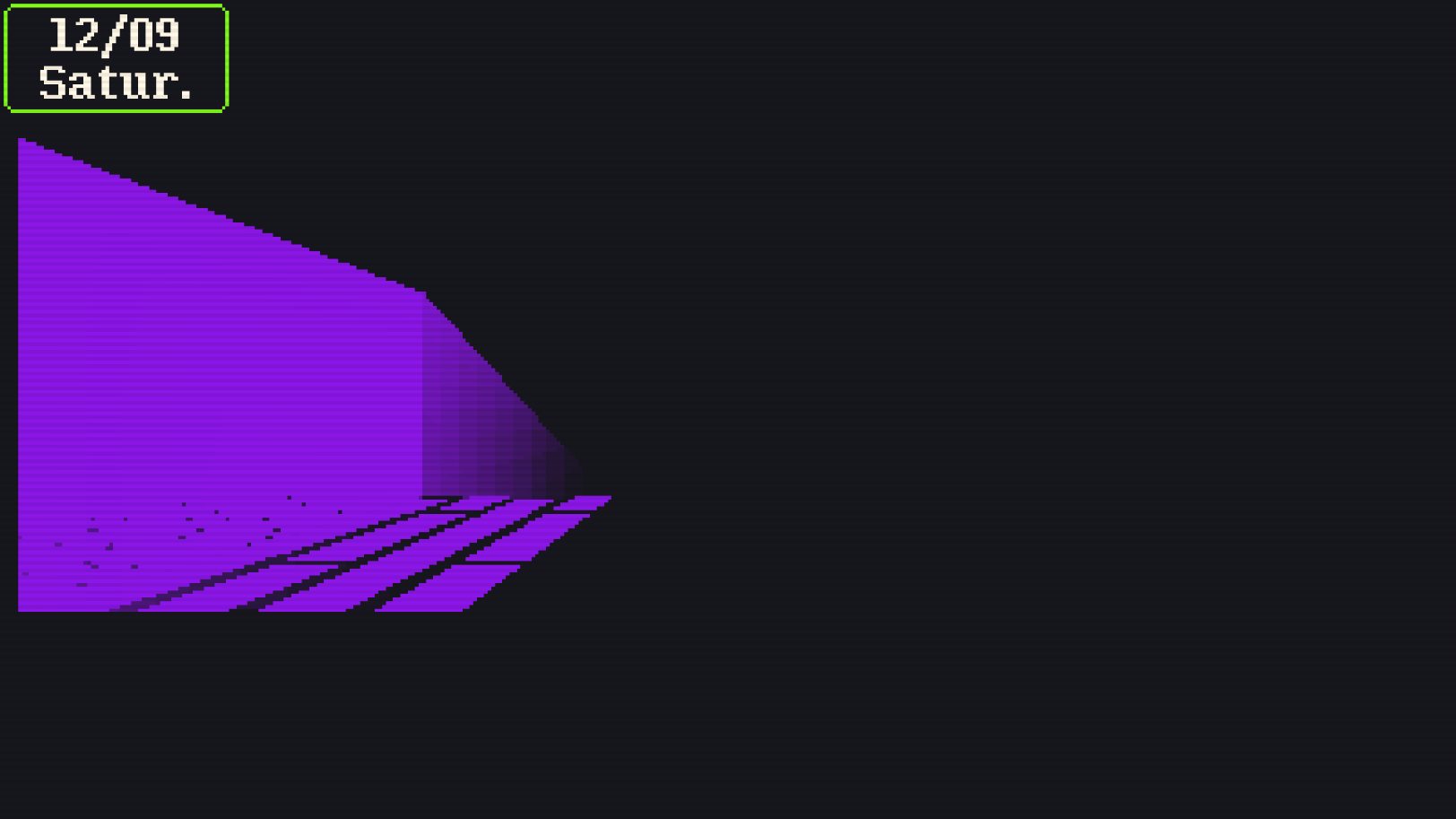
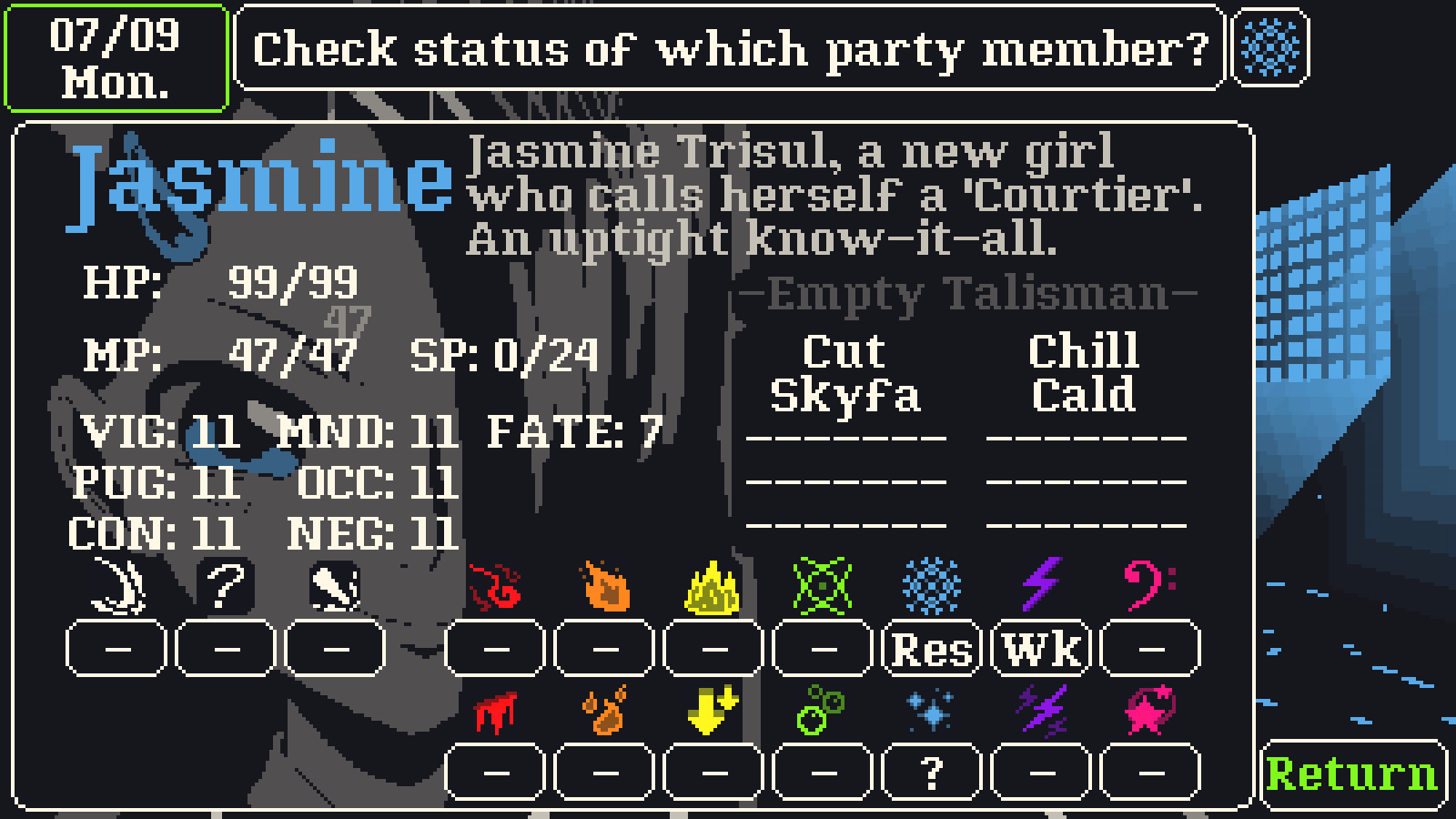
This project is a turn-based RPG and dungeon crawler that's still very early in development, and I won't be able to share more info on it for a while. I initially created it as my dissertation for my undergraduate degree, where it scored a First, and have been continuing to iterate upon it ever since - it ended up reaching 11 thousand lines of my own written code.
This project so far has proven invaluable for developing my skills in Systems Design, Technical Design and Games Programming, and there hasn't been a single project I've worked on where the knowledge and best practices I gained while making this hasn't assisted me in some way.
Lightless Reflections
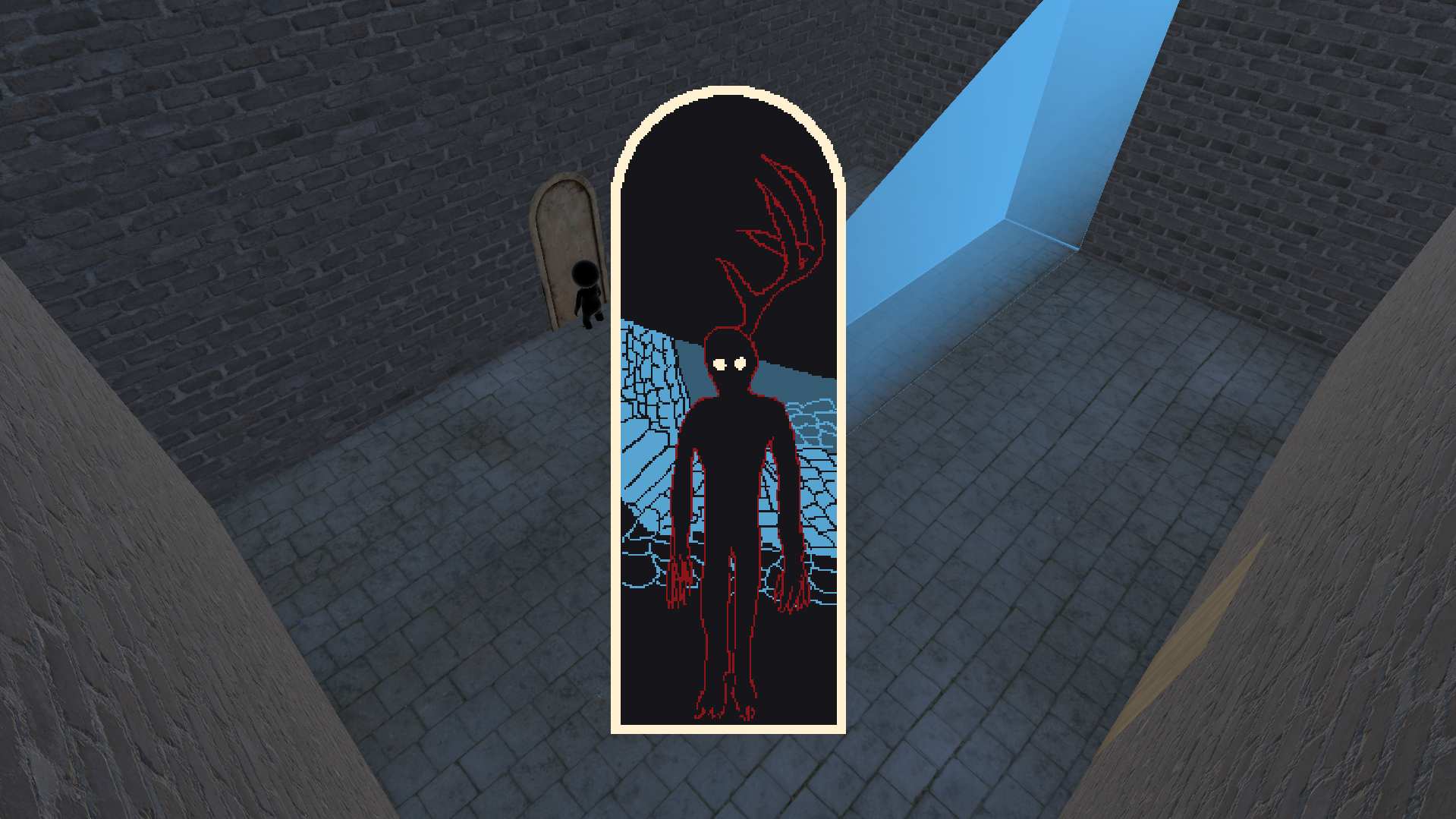
A game I created in 48 hours for a Game Jam in collaboration with Byte Sky games. The theme was "Mirror".
It can be downloaded and played on Itch.io.
60 Seconds To Live
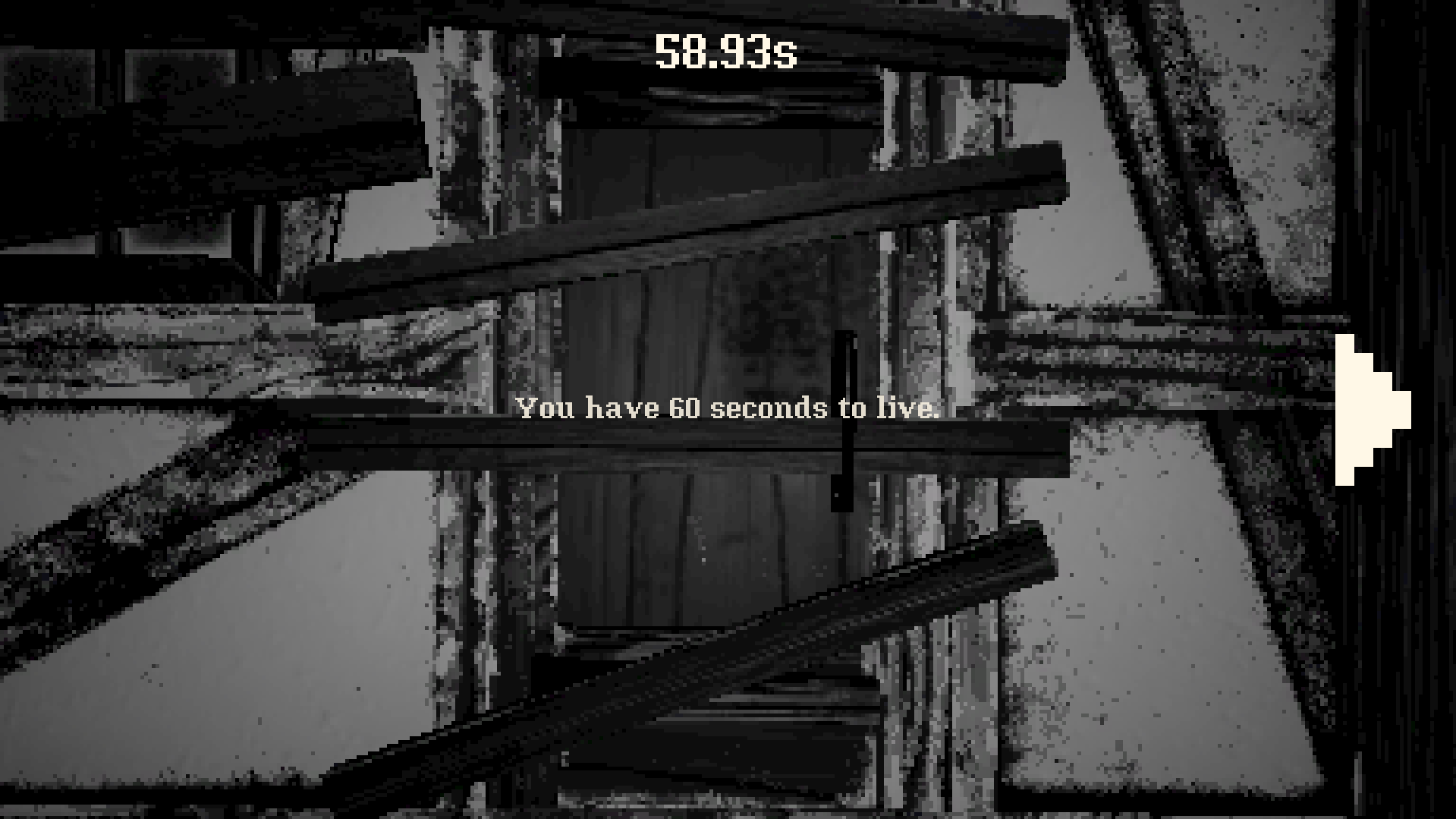
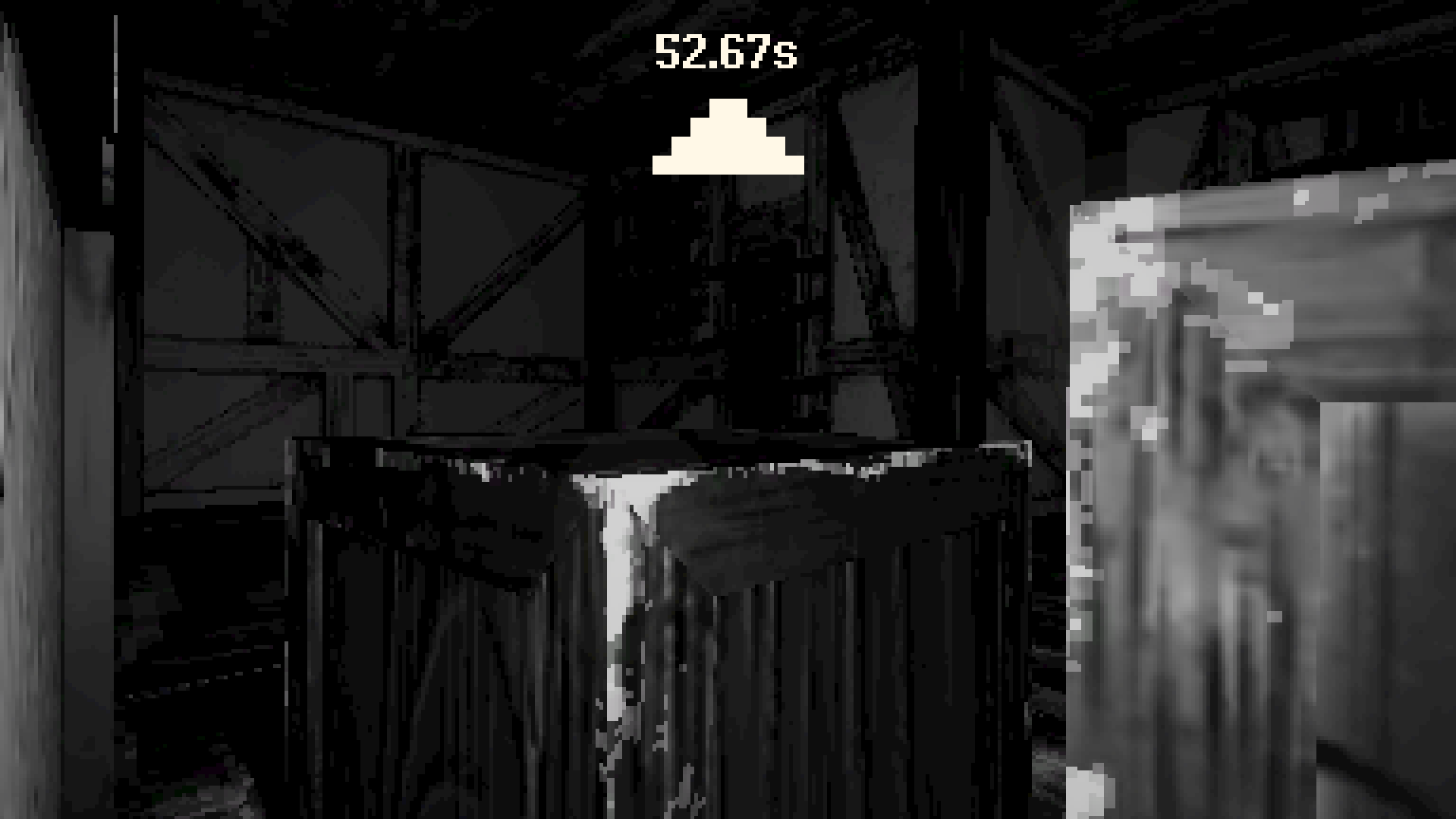
A game I created in 8 hours for a Halloween Game Jam. The theme was "60 Seconds To Live".
It can be downloaded and played on Itch.io.
Aquanaut
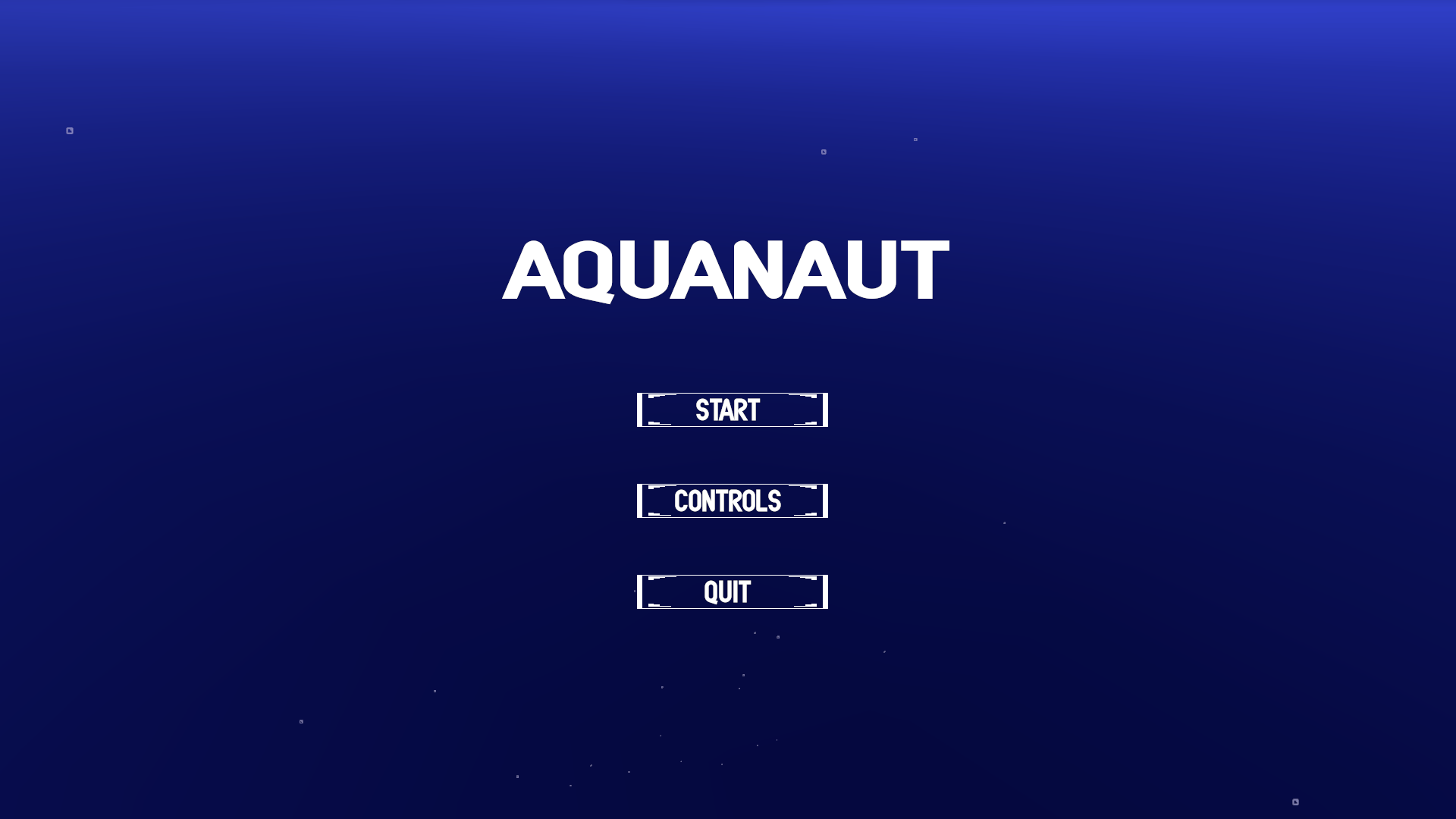
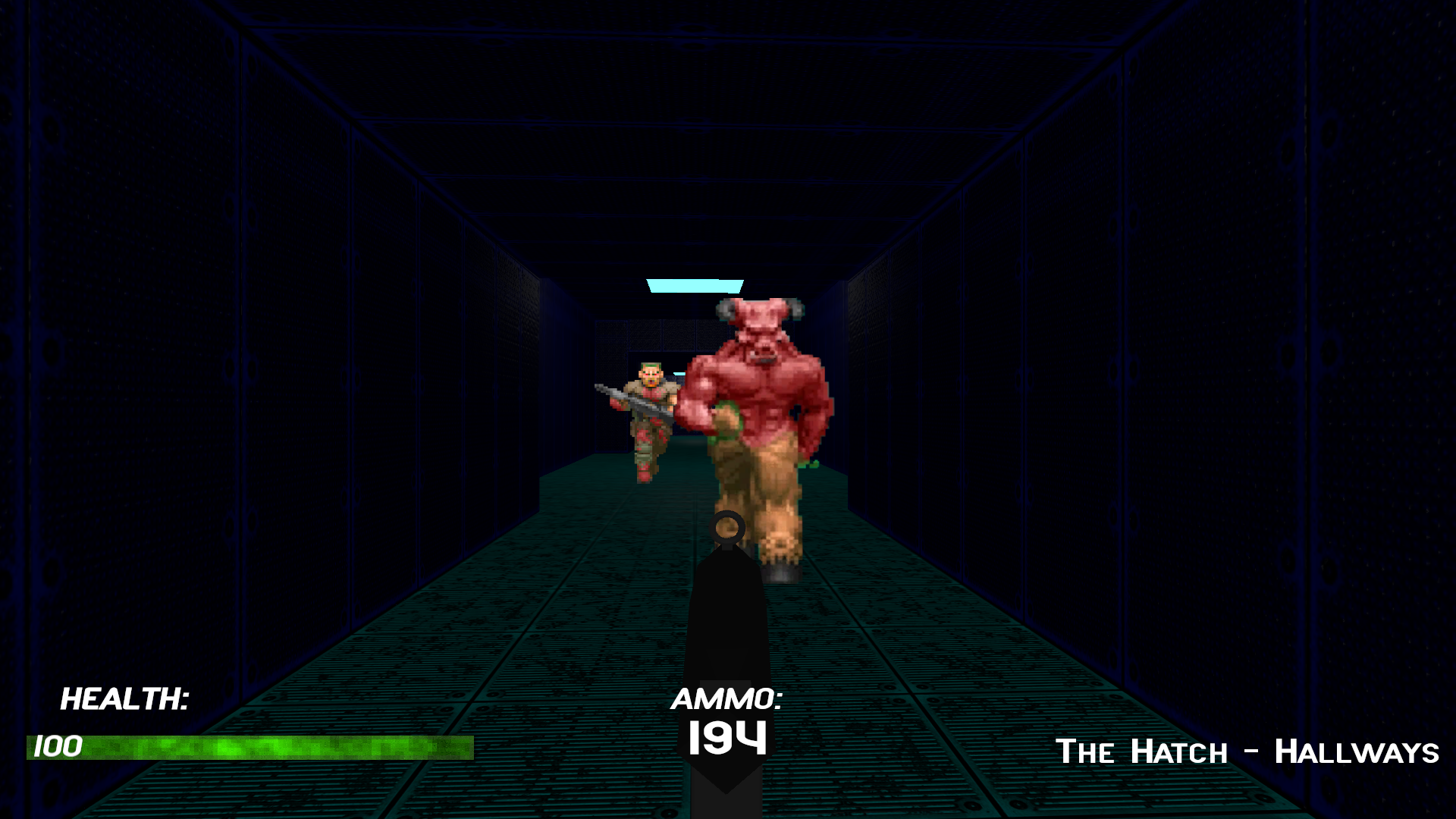
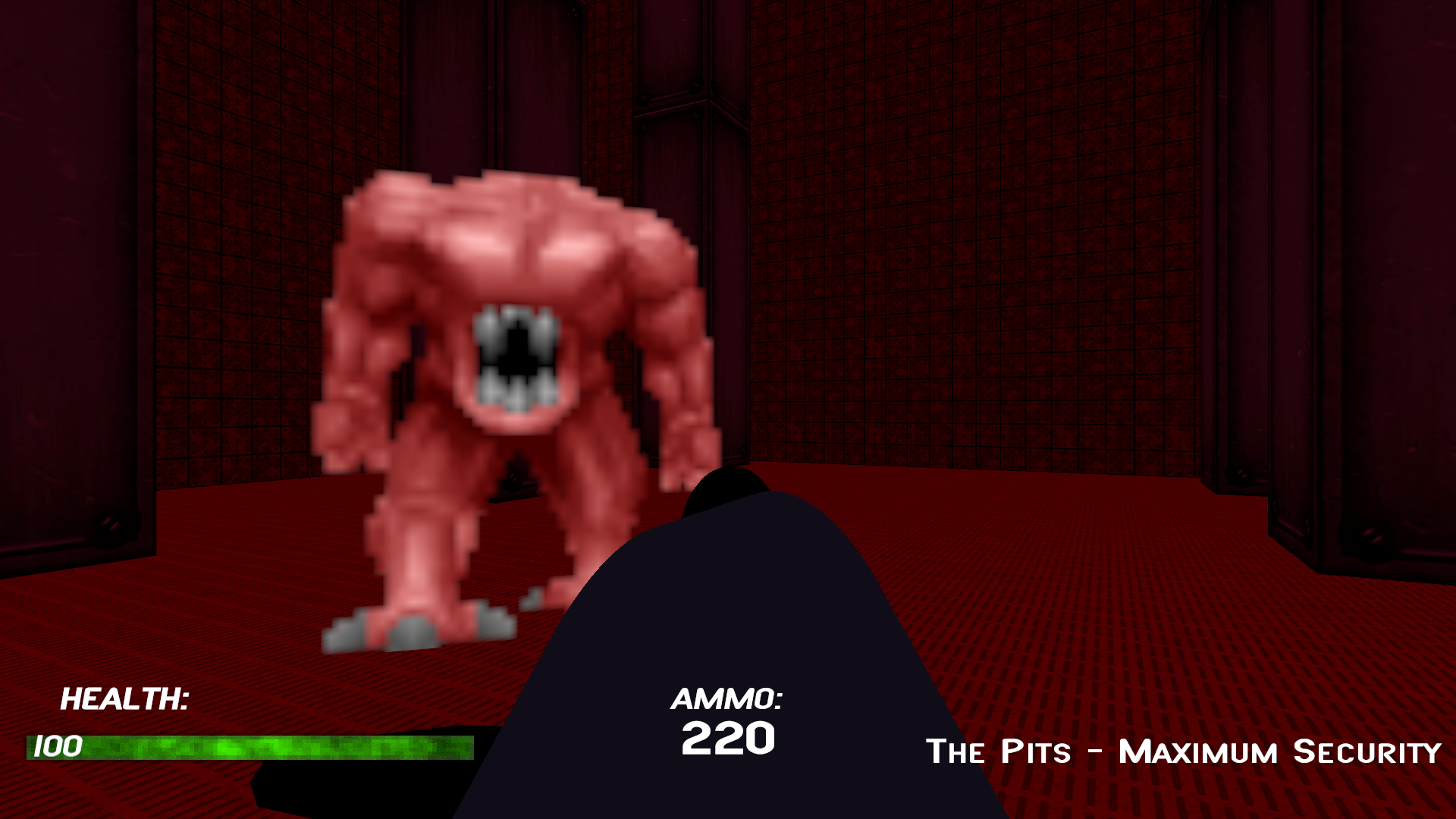
Aquanaut is a metroidvania/boomer shooter created in the Unity engine, created during my second year of my undergraduate degree. I developed this project as part of a group alongside 3 others. As part of this team, I designed and implemented the:
- Level Design
- Enemy and Boss Design
- Menu & Credits Visuals/UI
- Texturing
- Destructible Objects
During the development of Aquanaut I played a vital role as part of the backbone of a small development team, wherein I gained valuable insight into the dynamics of team software development.
Aquanaut's source code can be downloaded through GitHub.
It can also be viewed and played on Itch.io.
